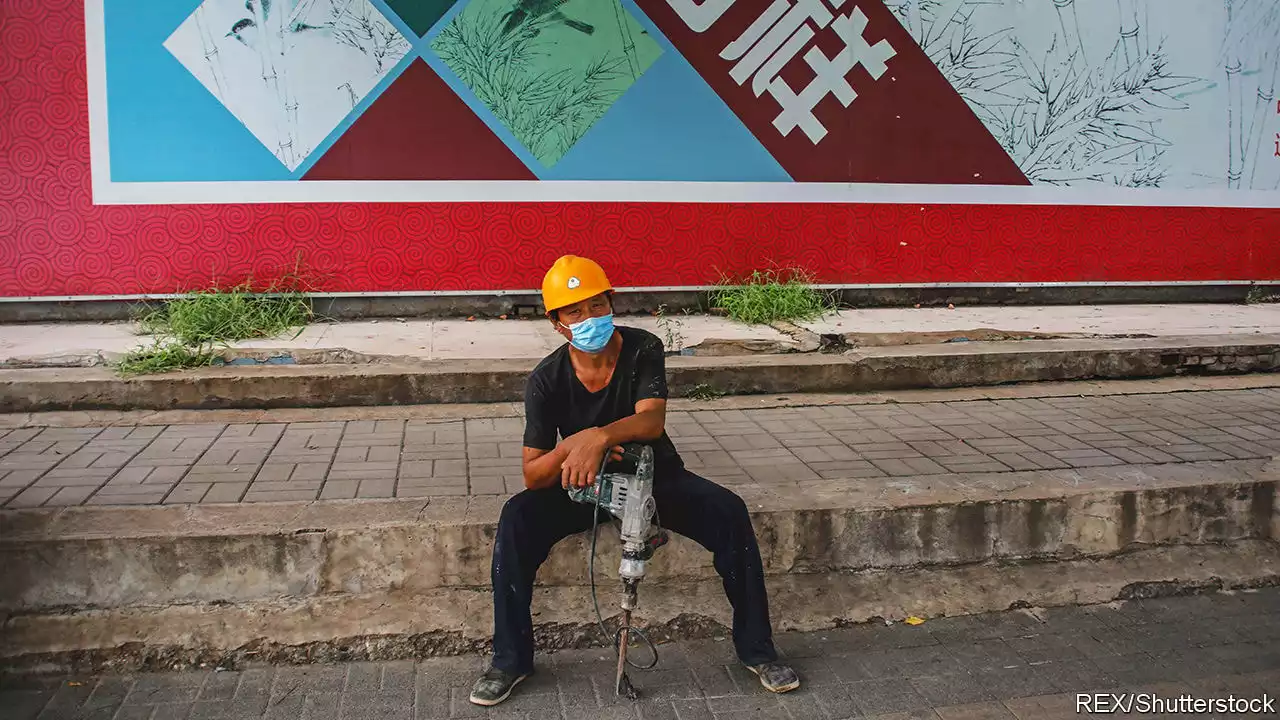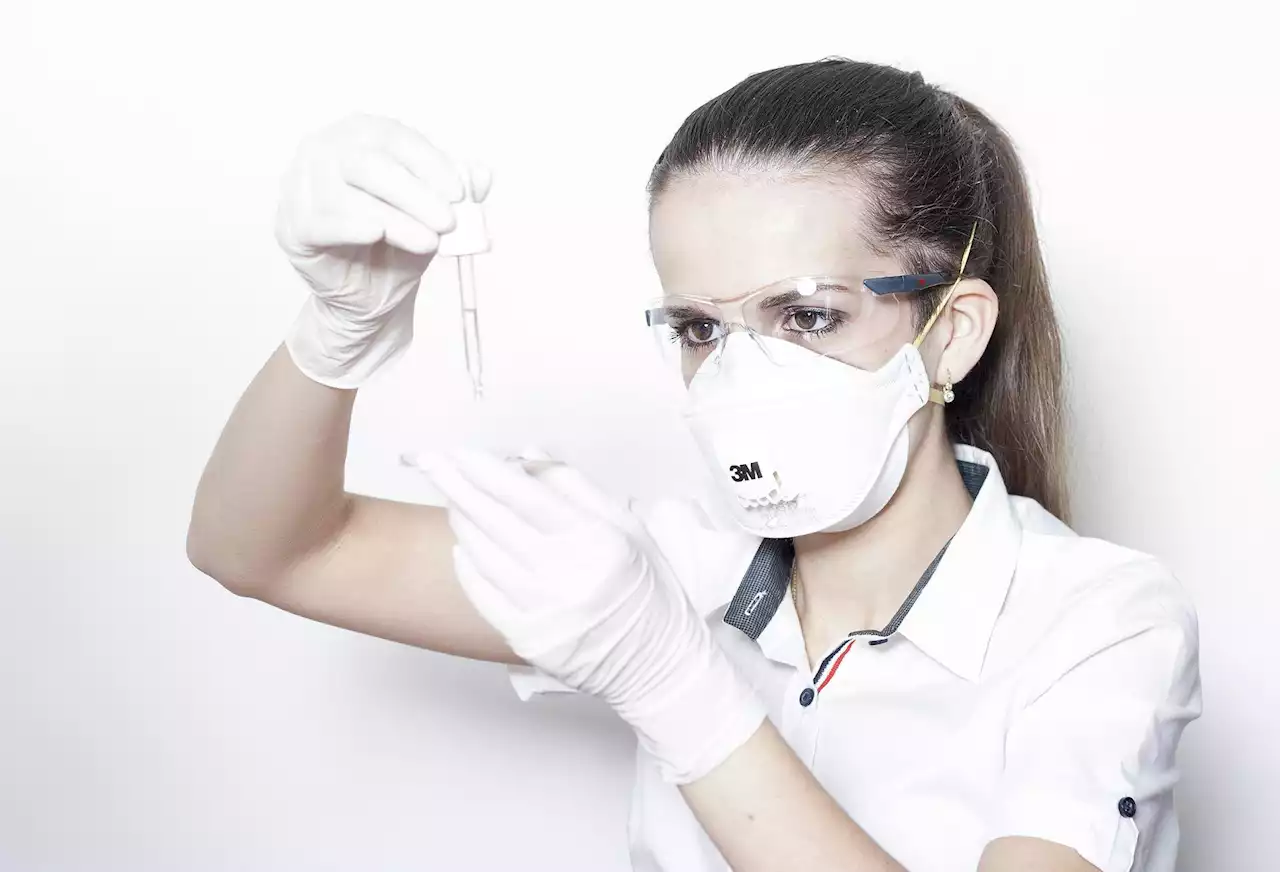A third of COVID-19 survivors exhibited persistent lung problems up to a year after recovery, according to a systematic review and meta-analysis published in Respiratory Research. LongCovid
]. However, the heterogeneity in study designs and settings between different studies makes it difficult to draw conclusions. Therefore, we conducted a systematic review and meta-analysis to pool the available data from studies and estimate the prevalence of the chronic pulmonary sequelae of PACS persisting 6–12 months after acute COVID-19. Particularly, we focused on the prevalence of abnormalities demonstrated by objective tools of pulmonary assessment, including PFT and chest CT.].
Disease severity was determined according to the current global guideline with slight modifications for the purpose of our study []. Because the included studies did not employ the universal disease severity criteria and as some did not clearly present data on disease severity using the predefined criteria, patients who required supplemental oxygen therapy were considered as having severe COVID-19.
Regarding PFT data, we extracted the percent predicted values for the diffusion capacity for carbon monoxide , forced vital capacity , and total lung capacity . Subsequently, we obtained data on the prevalence of impairment of these lung function parameters using a cutoff of 80% of the predicted values or lower limit of normal , as presented in the searched studies.
For the searched studies with follow-up chest CT data, the prevalence of pulmonary fibrosis as a sequela of COVID-19 was estimated. Although most studies clearly presented the number of patients who developed pulmonary fibrosis, some studies only reported the prevalence of various individual CT findings, including ground-glass opacity , reticulation, traction bronchiectasis, interstitial thickening, parenchymal band, and consolidation.
]. The proportion of patients without any residual abnormal findings on follow-up CT was also reviewed.We assessed the risk of bias of included studies using a tool developed and validated for prevalence studies [
Canada Latest News, Canada Headlines
Similar News:You can also read news stories similar to this one that we have collected from other news sources.
 Frontiers | T cell perturbations persist for at least 6 months following hospitalization for COVID-19COVID-19 is being extensively studied, and much remains unknown regarding the long-term consequences of the disease on immune cells. The different arms of the immune system are interlinked, with humoral responses and the production of high-affinity antibodies being largely dependent on T cell immunity. Here, we longitudinally explored the effect COVID-19 has on T cell populations and the virus-specific T cells, as well as neutralizing antibody responses, for 6-7 months following hospitalization. The CD8+ TEMRA and exhausted CD57+CD8+ T cells were markedly affected with elevated levels that lasted long into convalescence. Further, markers associated with T-cell activation were upregulated at the inclusion, and in the case of CD69+CD4+ T cells this lasted all through the study duration. The levels of T cells expressing negative immune checkpoint molecules were increased in COVID-19 patients and sustained for a prolonged duration following recovery. Within 2-3 weeks after symptom onset, all COVID-19 patients developed anti-nucleocapsid IgG and spike-neutralizing IgG as well as SARS-CoV-2-specific T cell responses. In addition, we found alterations in follicular T helper (TFH) cell populations, such as enhanced TFH-TH2 following recovery from COVID-19. Our study revealed significant and long-term alterations in T cell populations and key events associated with COVID-19 pathogenesis.
Frontiers | T cell perturbations persist for at least 6 months following hospitalization for COVID-19COVID-19 is being extensively studied, and much remains unknown regarding the long-term consequences of the disease on immune cells. The different arms of the immune system are interlinked, with humoral responses and the production of high-affinity antibodies being largely dependent on T cell immunity. Here, we longitudinally explored the effect COVID-19 has on T cell populations and the virus-specific T cells, as well as neutralizing antibody responses, for 6-7 months following hospitalization. The CD8+ TEMRA and exhausted CD57+CD8+ T cells were markedly affected with elevated levels that lasted long into convalescence. Further, markers associated with T-cell activation were upregulated at the inclusion, and in the case of CD69+CD4+ T cells this lasted all through the study duration. The levels of T cells expressing negative immune checkpoint molecules were increased in COVID-19 patients and sustained for a prolonged duration following recovery. Within 2-3 weeks after symptom onset, all COVID-19 patients developed anti-nucleocapsid IgG and spike-neutralizing IgG as well as SARS-CoV-2-specific T cell responses. In addition, we found alterations in follicular T helper (TFH) cell populations, such as enhanced TFH-TH2 following recovery from COVID-19. Our study revealed significant and long-term alterations in T cell populations and key events associated with COVID-19 pathogenesis.
Read more »
 Zero-covid is making it tougher for Chinese strivers to get aheadBy many measures inequality in China has improved over the past decade. But the gap between rich and poor is still wider than in most advanced countries
Zero-covid is making it tougher for Chinese strivers to get aheadBy many measures inequality in China has improved over the past decade. But the gap between rich and poor is still wider than in most advanced countries
Read more »
 Two new trials find no link between vitamin D supplements and reduced risk of COVID-19Two large clinical trials published by The BMJ today show that boosting vitamin D levels in adults during the SARS-CoV-2 pandemic was not associated with protection against respiratory tract infections or COVID-19.
Two new trials find no link between vitamin D supplements and reduced risk of COVID-19Two large clinical trials published by The BMJ today show that boosting vitamin D levels in adults during the SARS-CoV-2 pandemic was not associated with protection against respiratory tract infections or COVID-19.
Read more »
 Study shows FFP2/3 respirators might increase risk of airway complications in COVID patientsPersonal protective equipment (PPE) was rarely out of the news throughout the peaks of the COVID-19 pandemic. However, new research published in Anaesthesia shows that use of filtering facepiece (FFP) 2 or 3 respirators by anesthetists is associated with a 38% increased risk of airway complications in the patient.
Study shows FFP2/3 respirators might increase risk of airway complications in COVID patientsPersonal protective equipment (PPE) was rarely out of the news throughout the peaks of the COVID-19 pandemic. However, new research published in Anaesthesia shows that use of filtering facepiece (FFP) 2 or 3 respirators by anesthetists is associated with a 38% increased risk of airway complications in the patient.
Read more »
